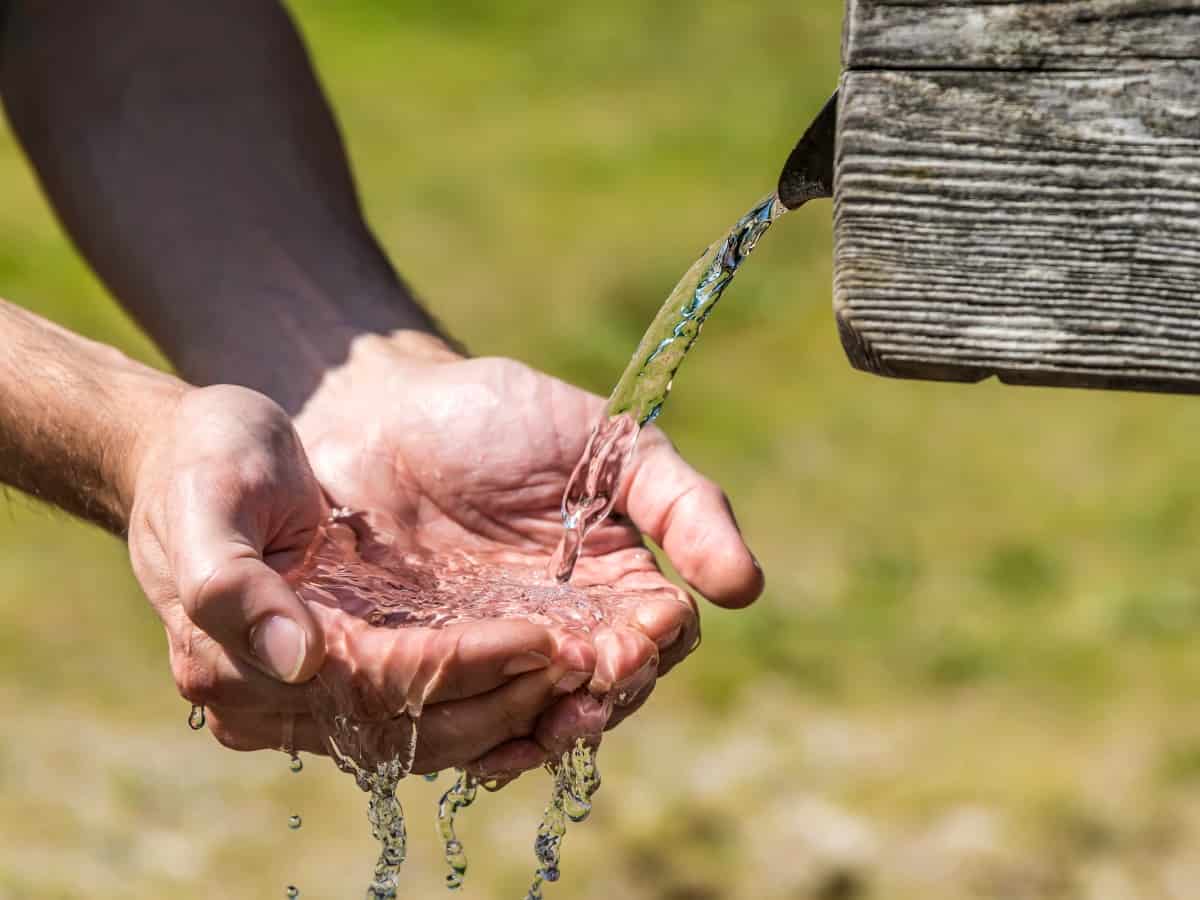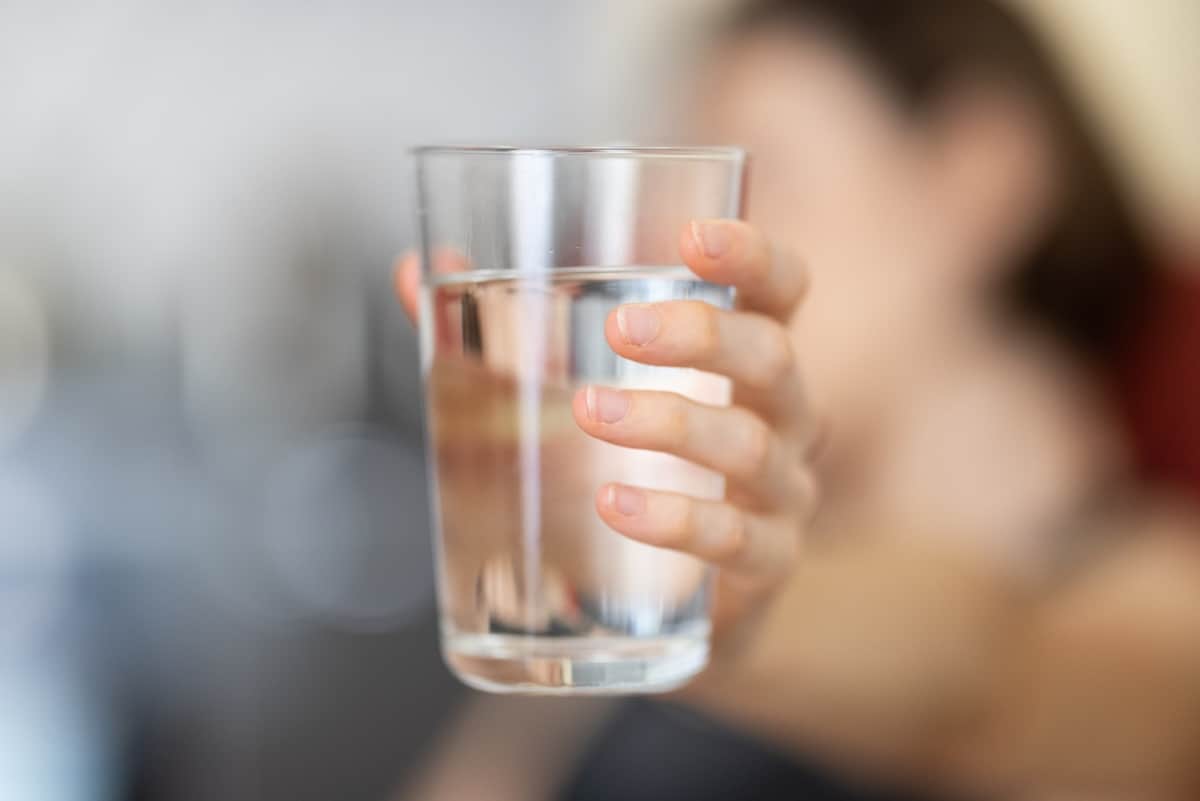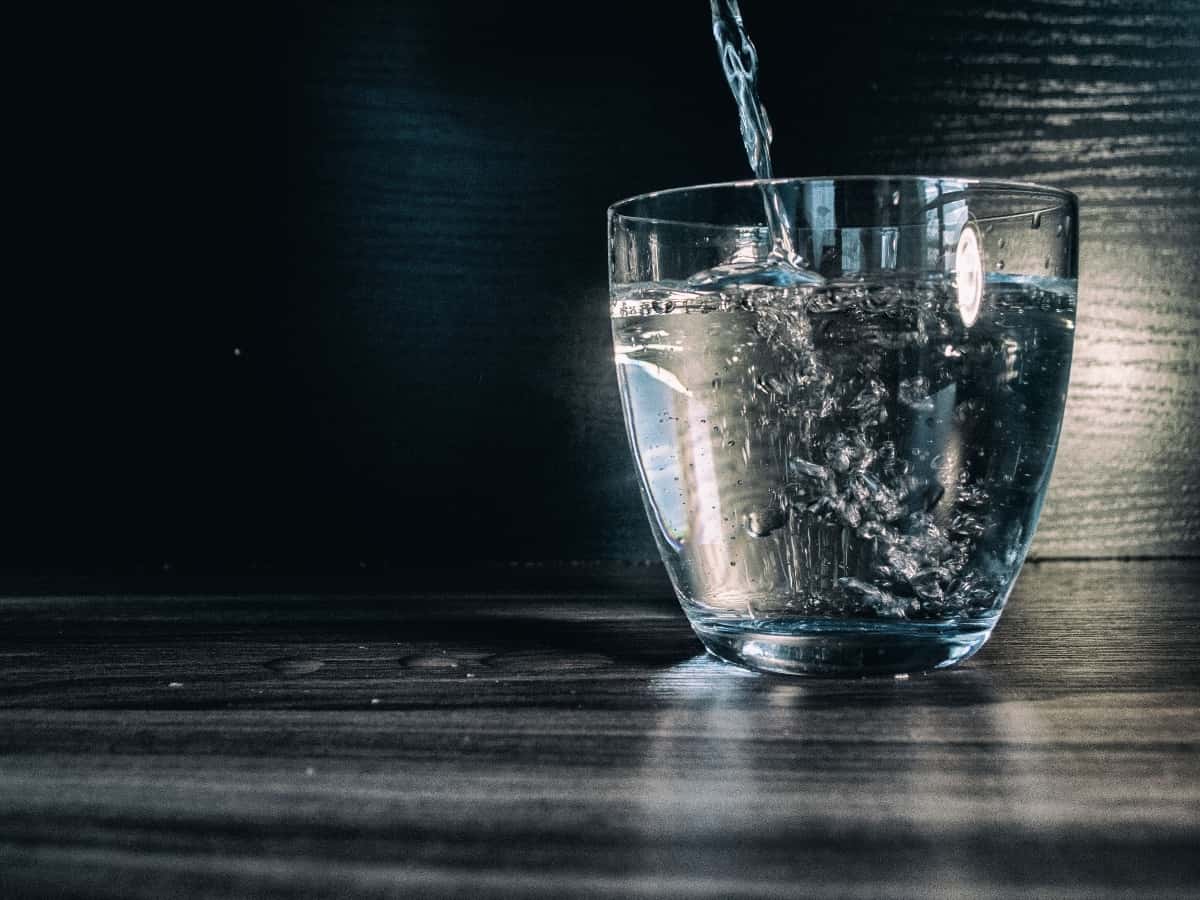When you think about it, drinking water shouldn’t be that hard. It’s one of the most common things we do every day and it doesn’t have to be that complicated. But in this world, even something as simple as drinking water can become a difficult process, especially in a natural disaster like a flood. So the question, “Is potable water drinkable?” is a valid one for anyone to have.
In an emergency, clean water is not always readily available. So many people may start worrying about whether or not they should drink tap water or avoid it at all costs.
After all, many different types of contaminants can pose serious health risks when consumed: arsenic, lead, nitrites, fluoride, etc.
Regardless of where you live or your current circumstances; asking if potable water is drinkable can be extremely important for your health and well-being.
What is Potable Water?
Potable water is another name for drinking water. It’s water that’s been treated to remove impurities like bacteria, viruses, fungi, and parasites so it’s safe for human consumption. In the United States, the Environmental Protection Agency (EPA) regulates public drinking water.
If you still question is potable water drinkable in your home, you can call a certified professional to test it.
However, there are also some simple ways that you can test the water:
- Is the water clear? If it’s not, then it might be contaminated with sediment or other particles. You should filter it before consumption.
- Does the water have a bad odor? If it does, then it might be contaminated with sewage or other chemicals. It is not a good idea to consume smelly water.
- Is the water discolored? If it is, then it might be contaminated with metals or other minerals that are not fit for human consumption.
If you suspect that your water is not potable, then it’s best to err on the side of caution and either boil the water or use a home filtration system to remove impurities.

Where Does Potable Water Come From?
Potable water can come from a variety of sources, including surface water, groundwater, and municipal water supplies.
In the United States, most public drinking water comes from surface water sources. Surface water is water that’s collected from the earth’s surface, such as lakes, rivers, and streams. Groundwater is water that’s collected from underground, such as from wells. Municipal water supplies are systems that provide water to a city, town, or village. In the United States, municipal water supplies must meet EPA drinking water standards.
How Is Portable Water Transported?
In the United States, drinking water is typically delivered to homes and businesses by municipal water systems. These systems pump water from treatment plants to homes and businesses through a system of pipes.
Can Transport Affect Potable Water Safety?
Yes, if the pipes that transport potable water are old or in disrepair, they can leach lead and other contaminants into the water. Lead poisoning is a serious health threat, especially for children.
Signs of lead poisoning include:
- Behavioral problems
- Learning difficulties
- Unexplained weight loss
- Vomiting
- Stomach pain
This is why it’s important to test and filter your water as part of your normal routine. That way you won’t have to ask if potable water is drinkable. If you move into a new home, make sure the pipes are up to code and have not been leaching lead or other contaminants. A good sign of bad piping is if the water is discolored.

What Are EPA Standards For Potable Water?
The EPA has set standards for over 90 different contaminants that could be present in drinking water. These include bacteria, viruses, protozoans, chemicals, and metals. The EPA also regulates the amount of lead and copper that can be present in drinking water.
All public water systems must meet these standards, which are set at levels that protect public health. However, even water that meets EPA standards can still contain impurities that can affect your health.
That’s why you should take extra precautions if you live in an area with a private well. The EPA does not regulate private wells so well water may not meet these standards. A home water filter is your best line of defense against impurities in your water, regardless of the source.
Is Tap Water the Same as Potable Water?
Yes and no. Tap water can be potable, but not all potable water is from the tap. Tap water comes from a public water system and is regulated by the EPA. However, some cities in the United States, such as Flint and Newark, have had issues with lead in their tap water.
If your tap water comes from your private well, that water is not regulated by the EPA. Therefore water is not automatically potable just because it’s from a tap.
Is Potable Water Drinkable from a Well?
Yes, but only if it meets EPA standards. Private wells are not regulated by the EPA. However, if you own a personal well, you still need to get it serviced by a qualified professional every year. A well-water professional will test it for pollution and impurities.
Even if your water comes from your well, you should take the extra steps to filter it before you drink it from your tap. A home water filter will remove impurities and make your water safe to drink – regardless of the source.
Is Bottled Water Always Potable?
The FDA regulates bottled water in the United States. Bottled water must meet FDA standards for potability. However, bottled water is not necessarily safer than tap water. Some studies have found that bottled water can be contaminated with bacteria. Some places even recycle their wastewater and bottle it as “spring water”.
Using bottled water also adds to the plastic pollution problem. It’s estimated that Americans use about 50 billion plastic water bottles every year, and only recycle about 23% of them. Even if bottled water comes from a clean and regulated source, plastic can leach chemicals into the water. The best way to prevent such leaching is proper storage.
Storing water in a glass or stainless steel container is the best way to prevent leaching. If you must use plastic to store your potable water, make sure it’s BPA-free.

Is Distilled Water Potable?
Yes, distilled water is potable. Distillation is a process of purifying water by boiling it and then condensing the steam back into water. This leaves impurities behind, resulting in clean, potable water.
However, distilled water is not necessarily safe to drink. Some impurities, such as volatile organic compounds (VOCs), can still be present in distilled water. VOCs can come from the materials used to distill the water, such as plastic or metal.
It’s important to store distilled water in a clean, glass or stainless steel container. This will prevent VOCs from leaching into the water.
Filter Water at Home
Utilizing a home filtration system will give you and your family peace of mind that the water you’re consuming is clean and potable. You won’t have to worry about children getting sick from lead poisoning, or adults getting sick from drinking water contaminated with bacteria.
A home filtration system is your best line of defense against impurities in your water, regardless of the source. There are many different types of home water filters on the market, so it’s important to choose one that’s right for you.
The most common types of filters are activated carbon filters, reverse osmosis systems and ultraviolet (UV) light filters.
You can place a filter on your faucet, under your sink, or even in your fridge. Some whole-house filtration systems are also available. For extra water safety, you can also include portable filters to take to work, school, camping, or anywhere else you might need them.
By purchasing a water filtration you can :
- Save money by filtering your water
- Reduce your plastic footprint
- Have clean, potable water on demand
- Feel confident that your family is drinking safe water
- Have clean water anywhere you go

ONIT Home Can Make Your Potable Water Drinkable
You won’t have to ask” Is potable water drinkable?” with ONIT Home water filtration in your home. We offer a variety of filters to meet your needs, and our team is always available to help you choose the right one. We can enhance filtration by way of water softeners. These softeners also help reduce mineral deposits in your pipes and appliances.
So visit our website today and find the perfect water filter for your home. Together, we can make sure everyone has access to clean, potable water.
Give us a call at 1-833-433-0331 to get started.



